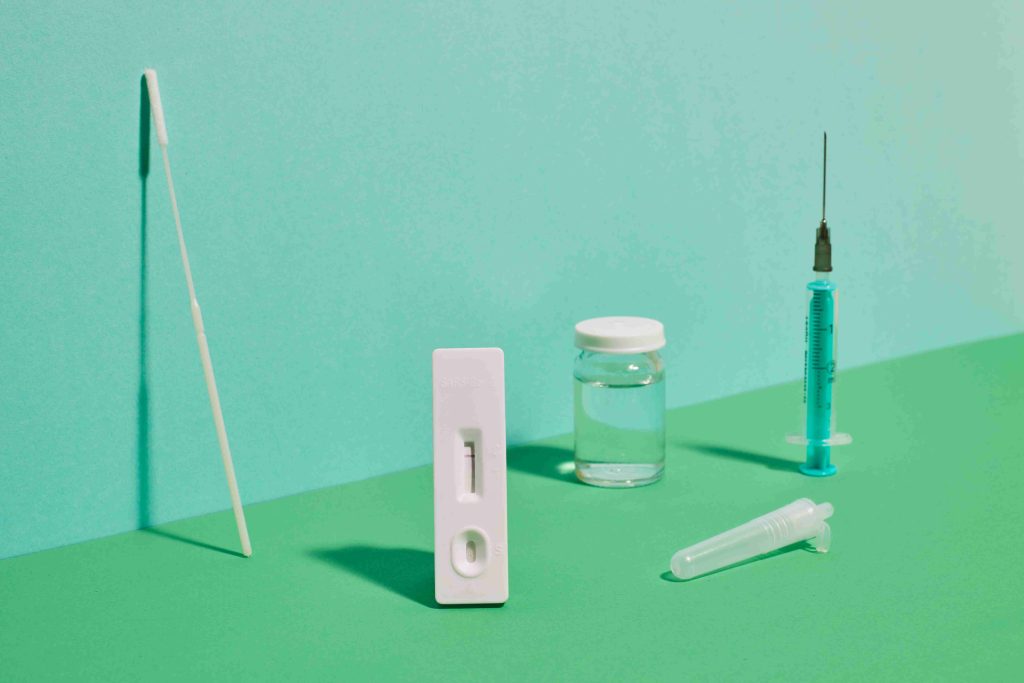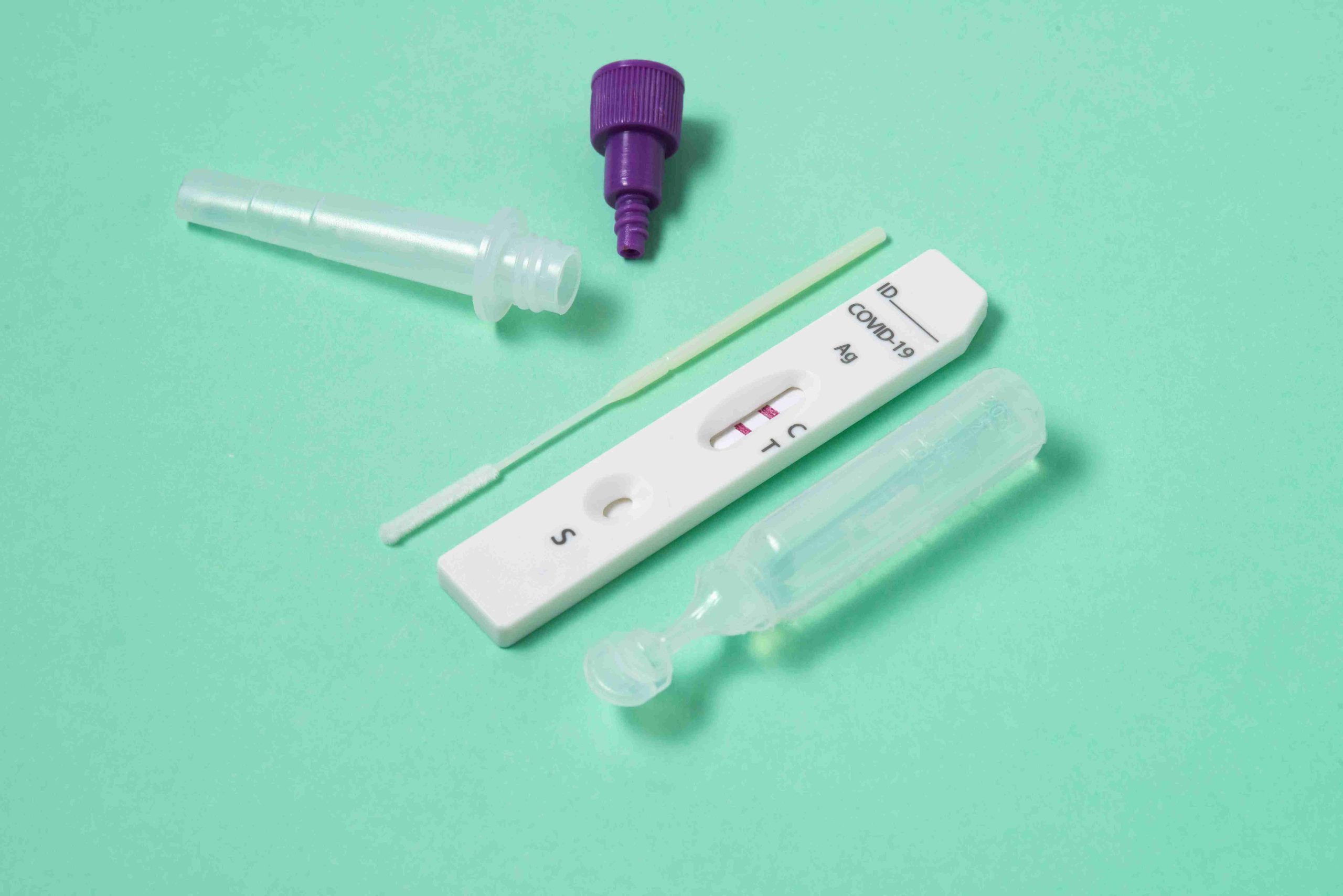In our modern fast-changing healthcare environment, efficiency and accuracy are gaining momentum. Hospitals and diagnostic centers are embracing new solutions to enhance patient safety and to optimize medical processes. Among these inventions, the adjustable nursing cap, and tropical infectious test kit have proven to be significant elements that directly facilitate improved standards of hygiene, diagnostic precision and general patient care.
In this article, we will discuss how these two essential tools are transforming healthcare environments while supporting medical professionals in delivering better outcomes.
The Importance of Adjustable Nursing Caps in Healthcare Settings:
An adjustable nursing cap is more than just a piece of protective apparel; it plays a critical role in maintaining sterile environments. Even in clinical and surgical practice, it is necessary to ensure high hygiene standards to avoid contamination and decrease the risk of infection and protect the health of the patient.
Adjustable nursing caps can be worn to cover the entire head, avoiding transmission of microorganisms at the time of medical work.
Compared to the conventional fixed-size caps, the adjustable nursing caps have adjustable shapes and fit different sizes of heads comfortably. They have a lighter construction, usually of breathable materials like polyester blends, cotton, or medical grade nonwoven. The materials are made in such a way that they allow the best airflow to avoid any discomfort during the long hours of working but also reduce the accumulation of perspiration.
This implies that adjustability is critical particularly in hectic medical environments where health experts need to make quick and reliable fittings without compromising the comfort. Elastic bands, tie-backs, or velcro straps are features that can be customized to achieve a snug fit to be used over an extended period.
Materials and Design Innovations in Adjustable Nursing Caps:
The development of the field of material science has led to the development of adjustable nursing caps in terms of their quality and efficiency. Disposable caps are made of medical-grade nonwoven fabric; this type offers better filtration capability and therefore prevents the entry of airborne particles better.
Reusable caps, however, are made of high-tech textiles that can be re-sterilized over and over again without losing their shape and comfort.
Antimicrobial coating that prevents bacteria growth is also built in some of the modern caps to enhance protection throughout the long surgical operation. The moisture-wicking technologies also increase the level of comfort to the user hence can be used in extreme temperature settings such as in operating rooms.
The manufacturers are also paying more attention to the issue of ergonomics and they are creating a cap that has fewer pressure spots and that will not give them a headache when they wear it too long.

Tropical Infectious Test Kits: Advancing Disease Detection
Infectious diseases are a major challenge in healthcare systems around the world as they are highly transmitted and may spread globally in case of an outbreak. Proper and early diagnosis is essential to prevent the development of diseases and reduce the health risks of people. Tropical infectious test kits have become invaluable instruments in the diagnosis of the pathogens that cause diseases including dengue fever, malaria, chikungunya, Zika virus, and other local diseases.
These kits are said to give quick and dependable results through sophisticated diagnostic measures. Tropical infectious test kits can be based on enzyme-linked immunosorbent assays (ELISA), polymerase chain reaction (PCR), or rapid antigen detection, depending upon the target disease.
Both approaches have their own benefits in terms of speed, sensitivity and specificity, so that healthcare providers can make sound treatment choices without wasting time.
Specifically, the use of point-of-care (POC) test kits is gaining growing popularity because of their portability and interfaces with ease of use. They allow testing to be conducted in distributed or resource constrained environments without necessarily having elaborate laboratory facilities. The kits play a very important role in controlling epidemics of infectious diseases and initiating the timely therapeutic response by shortening the turnaround times.
Technology Behind Modern Tropical Infectious Test Kits:
The workability of tropical infectious test kits depends on the latest diagnostic inventions. One of the most common formats is immunochromatographic strip-based assay, which enables visual interpretation of the results in a few minutes. The tests identify select antigens or antibodies in blood, serum or plasma samples and are best suited to quick screening during field work.
Other more sophisticated kits are based on quantitative PCR or qPCR systems, which amplify and identify the genetic content of the pathogen with very high sensitivity. The methods allow the identification of the virus or bacterium at an early stage, even when the viral or bacterial loads are minimal. In addition, multiple infectious agents can be detected using the same sample with the help of multiplex testing technologies, which increases the effectiveness of the diagnosis and reduces the cost of testing.
Manufacturers are also integrating data integration capabilities with the latest kits, to allow a smooth connection with digital health platforms. Such integration supports real-time surveillance of the disease, automatic reporting, and better coordination of an outbreak. These developments together with portable analyzers and streamlined procedures are making the testing of infectious diseases more accessible and more exact than at any previous time.
Interconnection Between Protective Apparel and Diagnostic Tools:
Although adjustable nursing caps and tropical infectious test kits are geared towards two different things, their collective contribution towards better patient care is substantial. Nursing caps help to guarantee the medical practice is carried out in sterile conditions, whereas test kits allow recognizing the presence of an infectious disease in time and avoiding its further transmission inside a healthcare facility. All these innovations combined provide a safer, more controlled clinical environment.
In outbreak-prone areas, such as those near the coast, healthcare personnel who come into contact with infected individuals have to follow high hygienic standards, such as wearing high-quality protective clothing. Adjustable nursing caps reduce the chances of contamination during testing processes and keep test results accurate and uncontaminated.
Moreover, with global travel and climate change being real causes of tropical disease expansion to new territories, medical centers across the world are now focusing on investments in high-quality protective equipment and reliable diagnostic tools. These factors can work together to enable hospitals and diagnosis centers to react swiftly and efficiently to new health issues that emerge in the community.
Conclusion:
The combination of adjustable nursing headdress and tropical infectious test kits portrays a wider movement towards precision-inspired healthcare. To improve hygiene levels and protect the patients, adjustable nursing caps can be used, and to diagnose diseases early and accurately, tropical infectious test kits can be applied.
They play a crucial role as a team to improve medical outcomes, improve infection control, and help create a safer clinical environment. As the healthcare systems continue to evolve, the implementation of such innovations will result in increased readiness and efficiency in the manner in which the routine and the emerging health issues are addressed.


